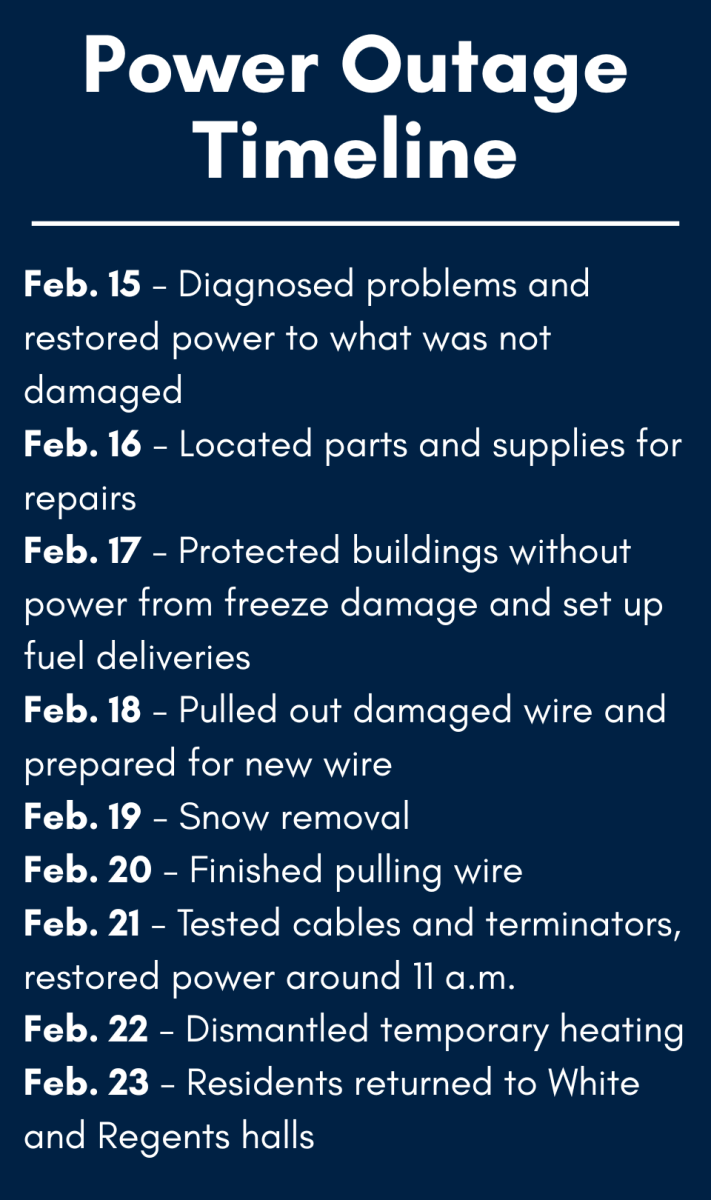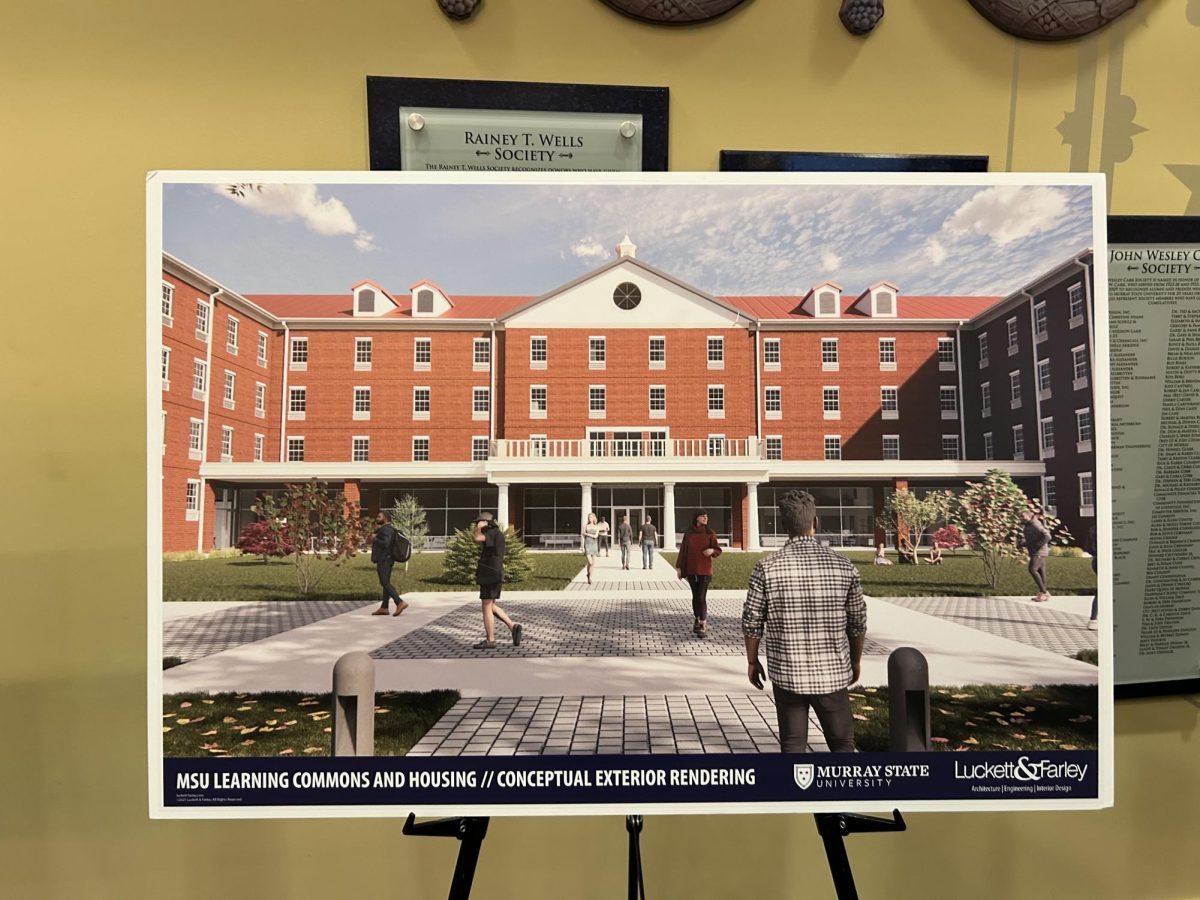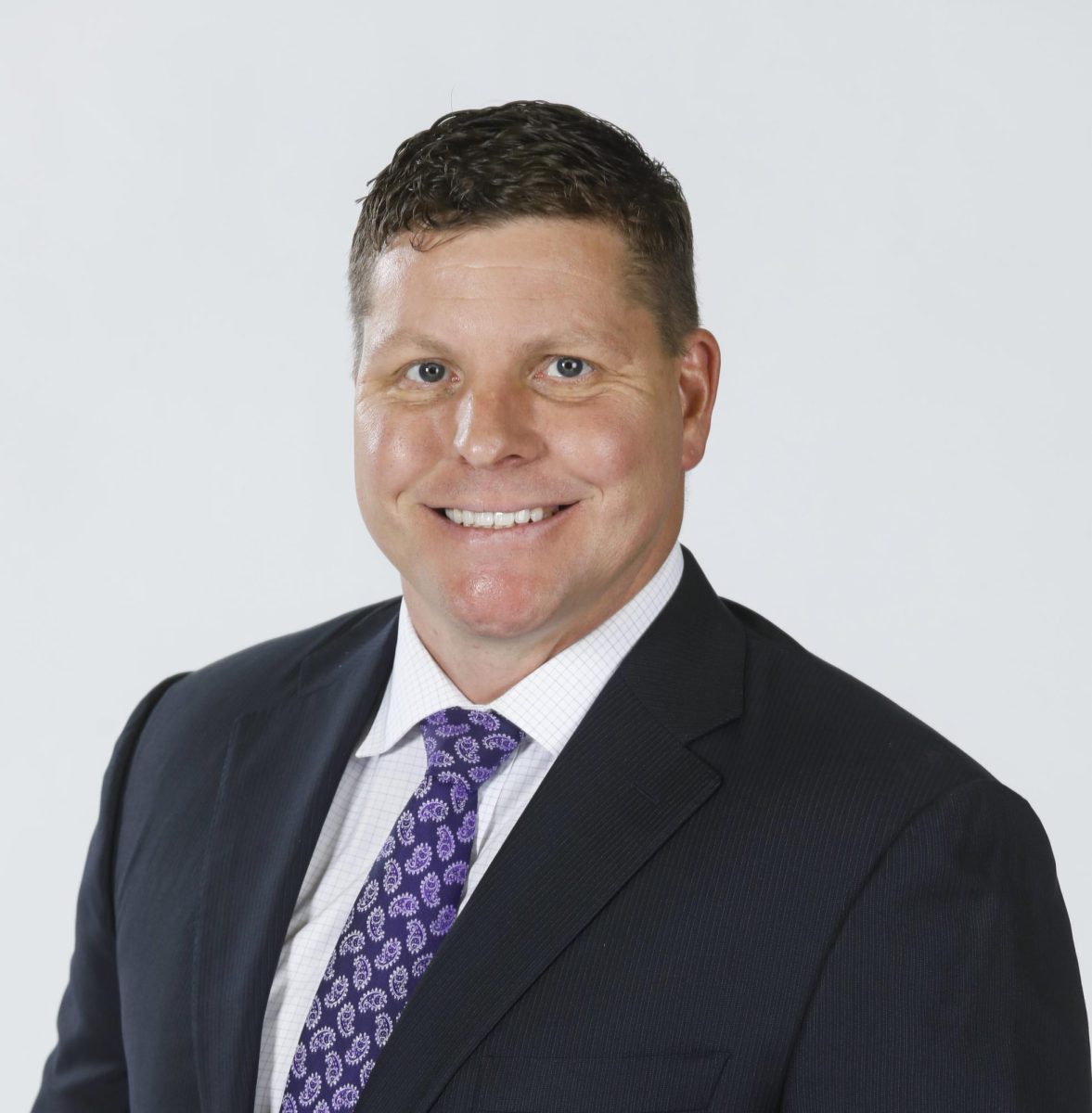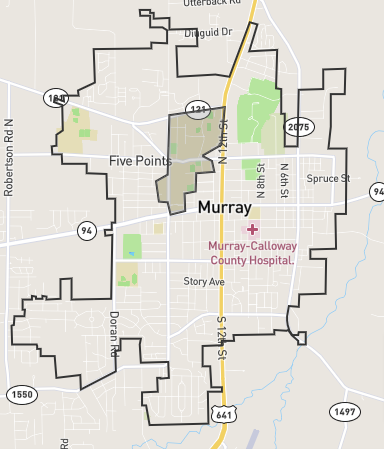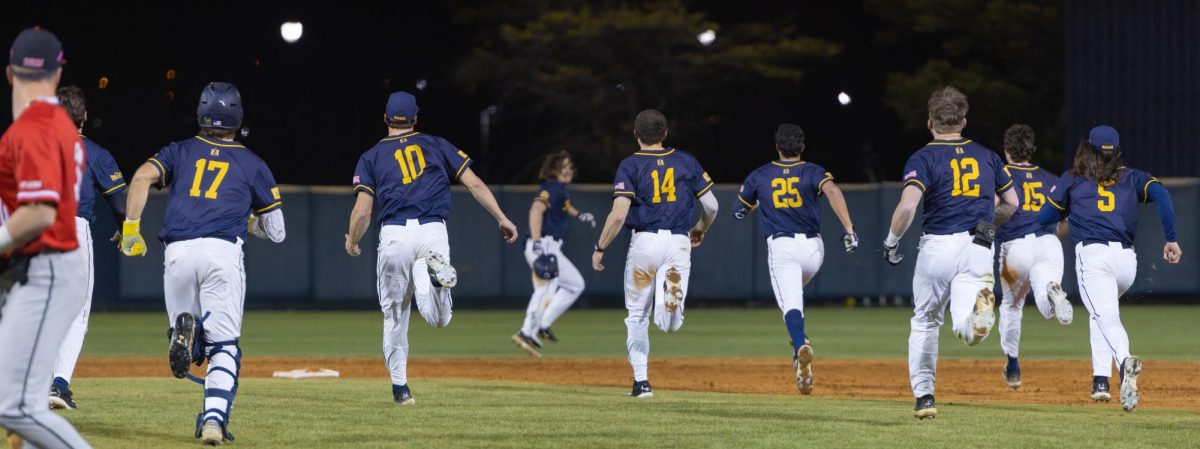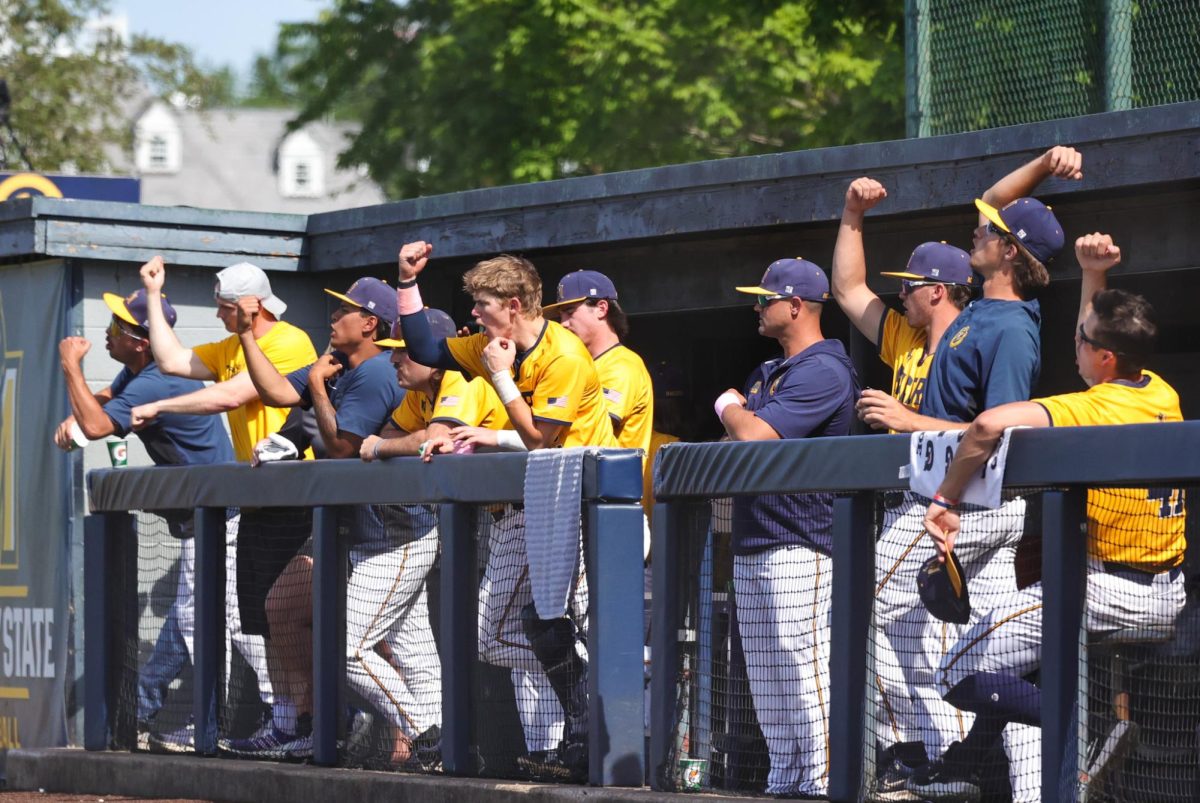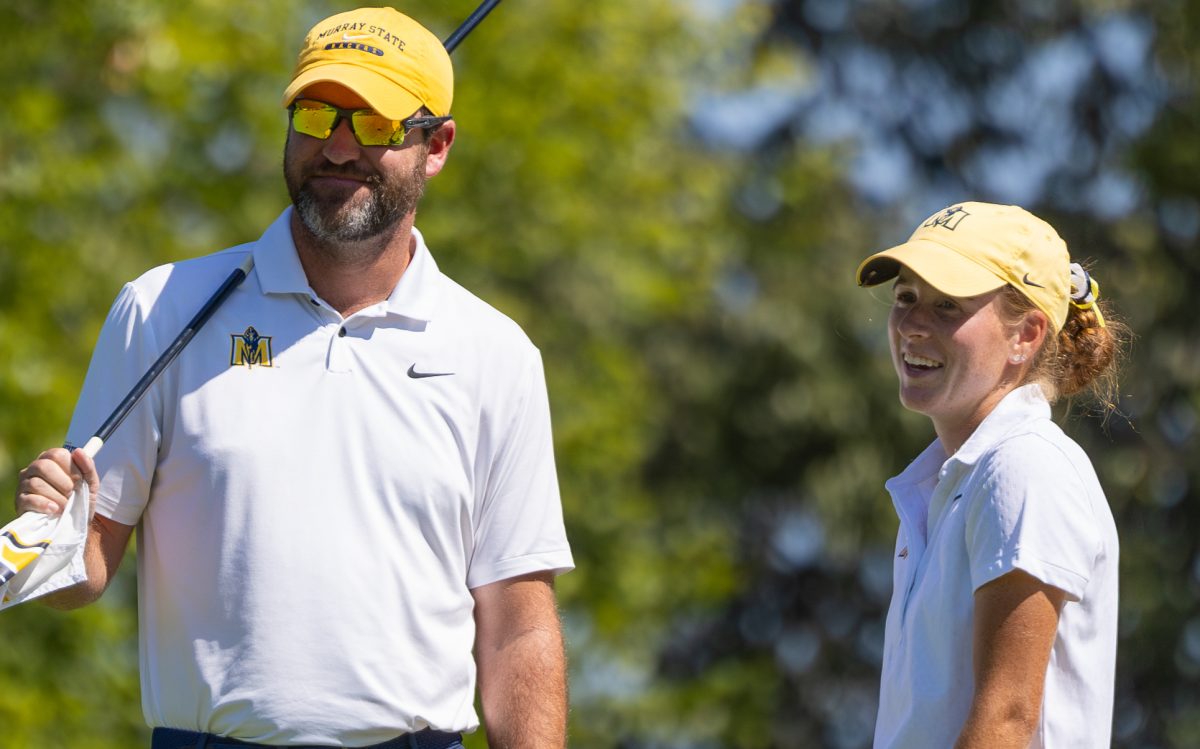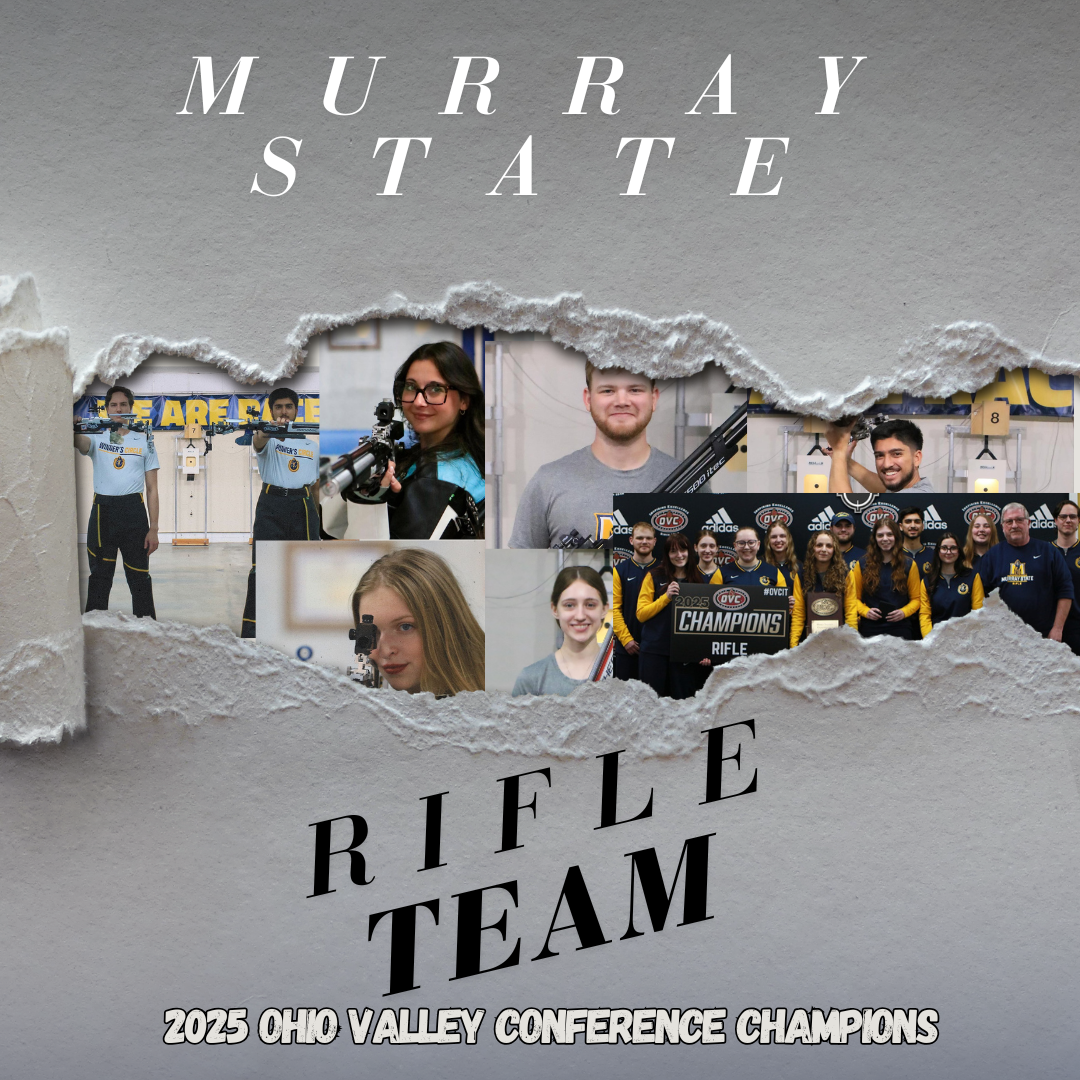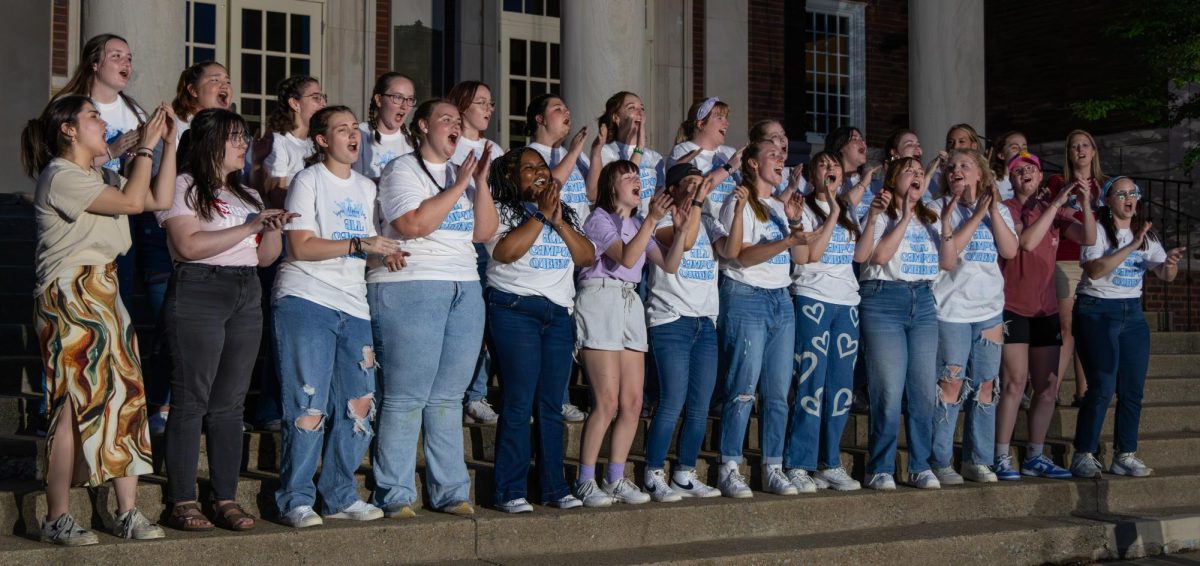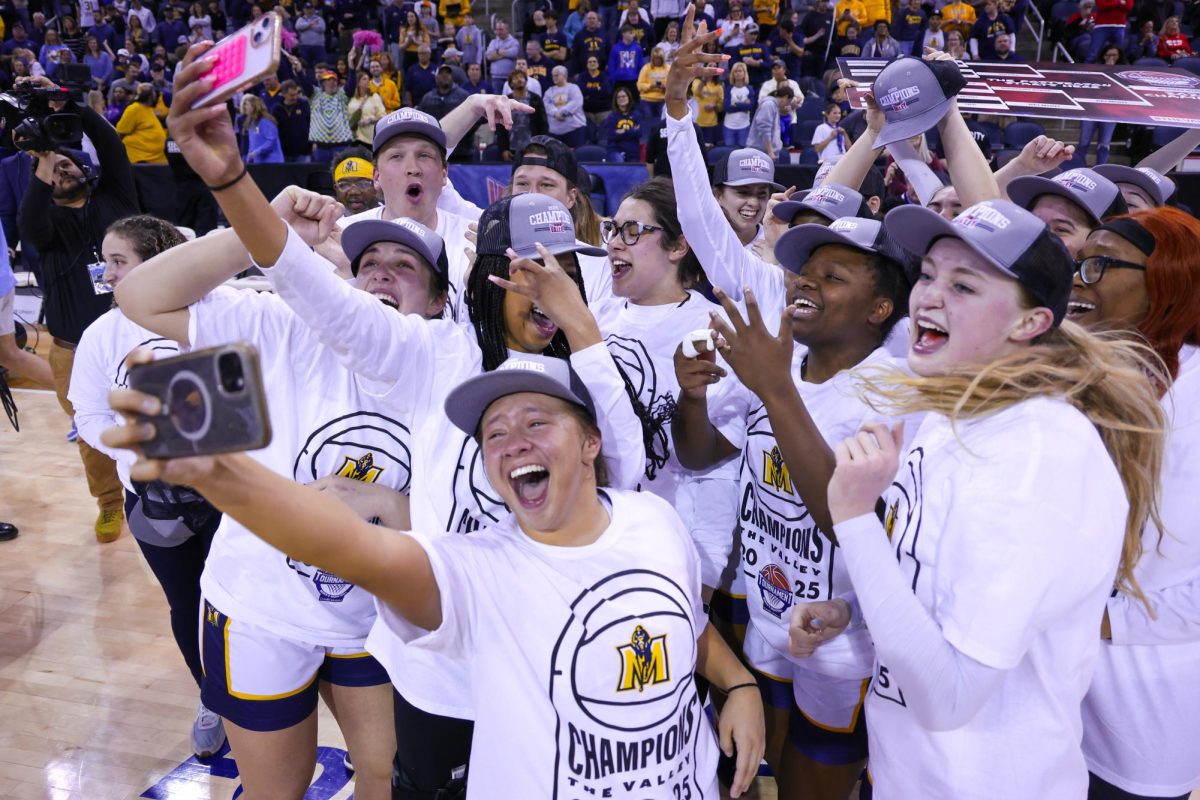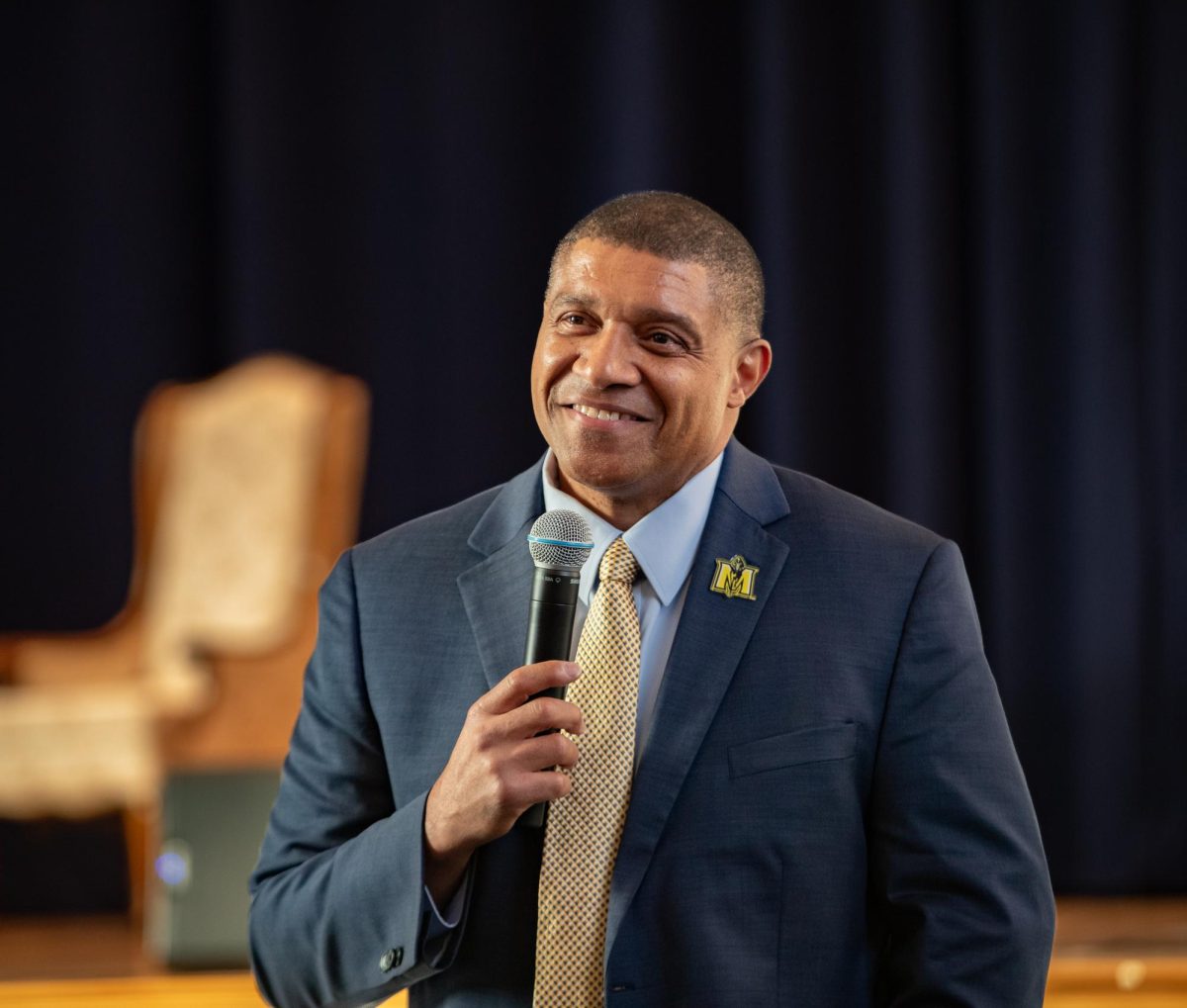When her fiance’s father collapsed in March before her eyes, Rebecca Pender rushed to him and used her CPR training to stabilize him until paramedics arrived – a task she has spent perfecting for years for the crucial moment it was needed.
Pender, associate professor of Counseling Services and co-adviser for Mu Sigma Chi, has completed three CPR training sessions with the American Heart Association. She started in middle school and continued through college, but still froze when it came time for her to put her training to use.
She said her experience using CPR inspired her to put together a CPR training session hosted by Mu Sigma Chi, the campus chapter of Chi Sigma Iota, a honors society for graduate students in the counseling program.
“Advocacy is part of the mission statement for our society,” she said. “So that was a big connection for me.”
She said initially the training session was intended just for students, but she opened it up to others because she thinks everyone should be properly CPR trained.
“Each individual has a personal responsibility to know how to do CPR,” she said.
Her father, Danny Pender, American Heart Association CPR instructor for 20 years, said he teaches two programs about CPR: the “Heart Saver” and the “Healthcare Provider.”
He said the “Heart Saver” training session held Friday was tailored to the public whereas the “Healthcare Provider” training session Saturday was directed toward medical professionals.
To complete their training, participants watched an informational video sponsored by the American Heart Association and then practiced the skills demonstrated in the video and by the instructor.
Participants knelt in the classroom and pressed down in regular intervals on the bare, plastic chests of dummies to practice adult and infant CPR. Later they practiced the Heimlich Maneuver and proper procedures if a child is choking.
“The more you practice (these maneuvers), the more ingrained it is in your brain,” Rebecca said.
The father-daughter team said they worked together to bring this training opportunity to Murray State, not only as a service to the University but as a fundraiser for Mu Sigma Chi.
Rebecca said the organization charged $20 to cover the cost of the CPR certification card, but her father donated his time by not charging the organization to lead the session so the organization could make a little money.
She said having more people CPR certified is more important to her than any money they raised.
“The fact of the matter is that most people who perform CPR are giving it to a loved one or someone they know,” she said. “So that should be reason enough to get trained.”
Pender said her fiance’s father died later that day, after being given CPR.
Like Pender’s fiance’s father, about 88 percent of cardiac arrests occur at home, according to the American Heart Association website.
“CPR is one of those things where you are buying time until the paramedic gets there,” she said. “The key is to make sure you are getting help as quickly as possible.”
Story by Mari-Alice Jasper, News Editor




